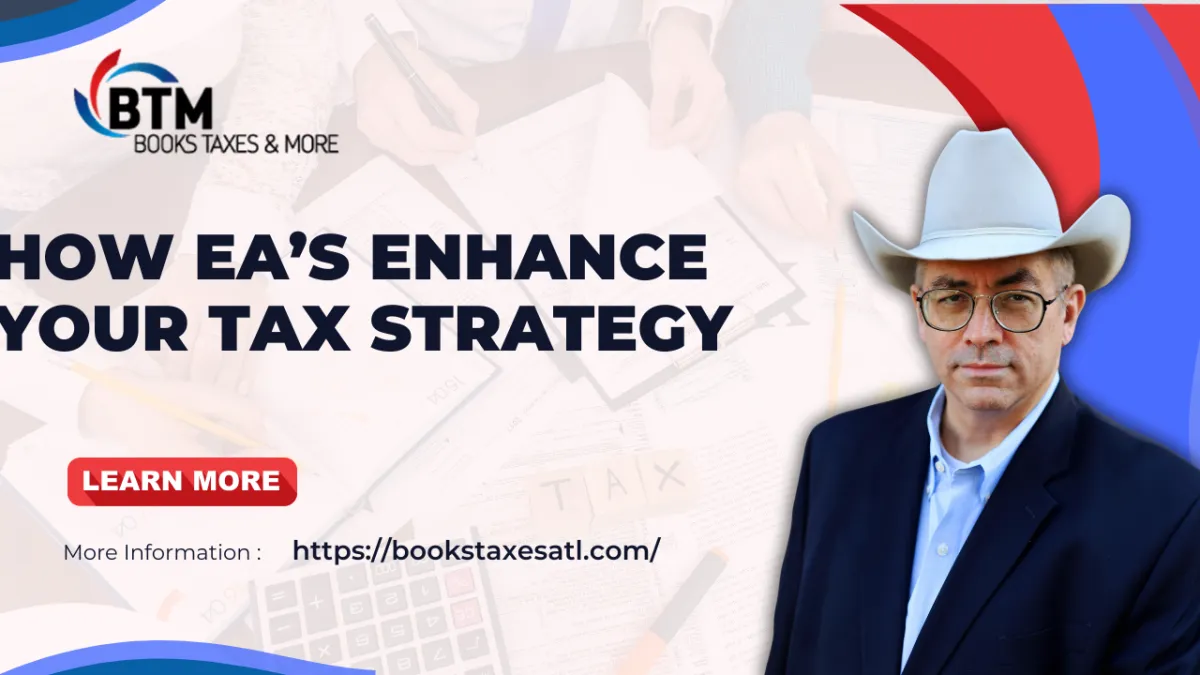How Enrolled Agents Enhance Your Tax Documentation Strategy
- Proper documentation is crucial for IRS tax filings and audits, as it serves as evidence to validate income, deductions, and expenses. - Without accurate records like receipts, invoices, mileage logs, and bank statements, taxpayers risk denied deductions, re-evaluated income, and penalties. - Well-organized documentation speeds up audits, reduces penalties, and provides a strong defense in disputes. - Essential records to keep include financial statements, tax forms (W-2s, 1099s), donation receipts, contracts, and real estate documents, generally retained for at least three years, sometimes longer depending on circumstances. - Steve Perry, an Enrolled Agent at Books, Taxes & More, helps taxpayers by organizing records, establishing effective record-keeping systems, representing clients in audits, clarifying documentation requirements, mitigating risks, and assisting with lost records. - His guidance transforms IRS interactions from reactive to proactive, helping taxpayers confidently navigate tax challenges with thorough, verifiable documentation. - Ultimately, proper record-keeping partnered with expert assistance functions as an insurance policy, ensuring taxpayers withstand IRS scrutiny without undue stress.

